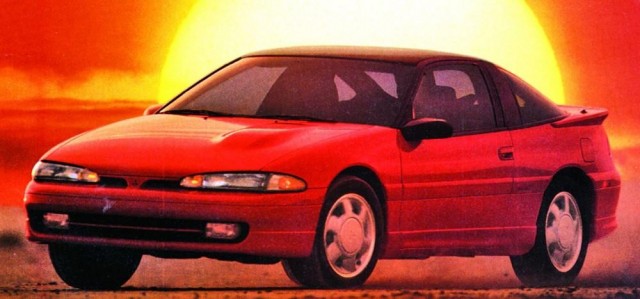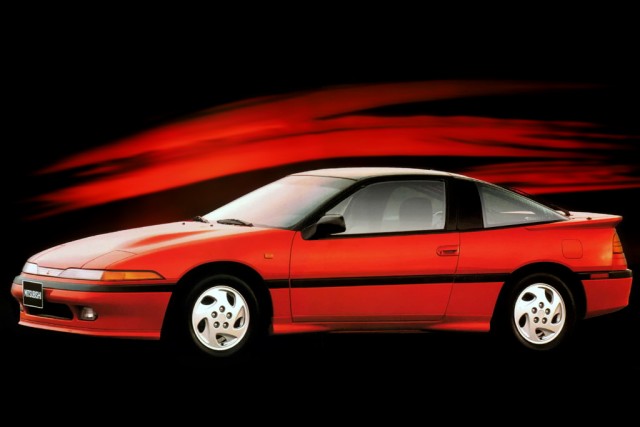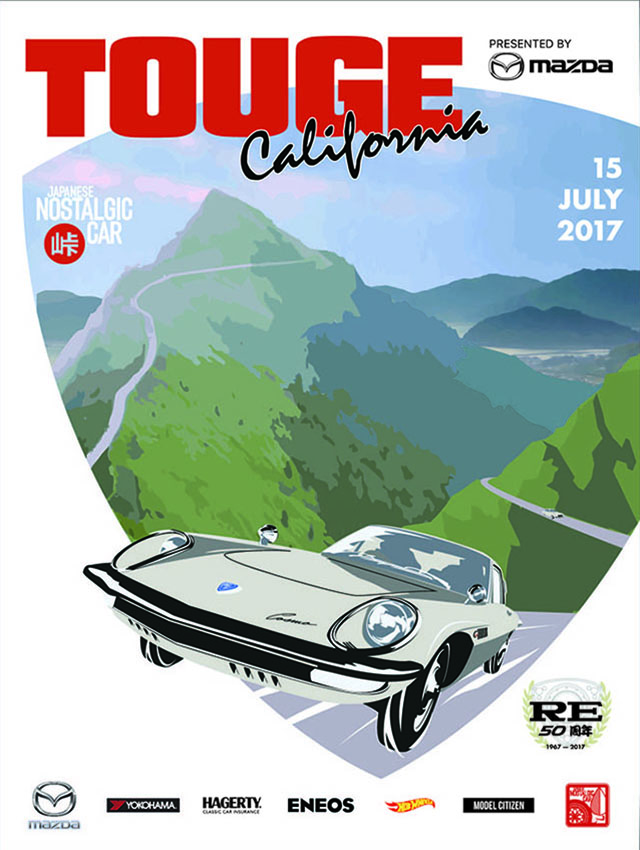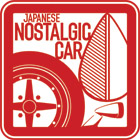On April 8 a rare total solar eclipse took place in North America. Despite the many “Eclipse Day” references in automotive media, the beloved 1990s sports coupe is not named after the astronomical event — not directly, anyway. In fact, Mitsubishi named its car after an undefeated thoroughbred racehorse from the 18th century.
You certainly could be forgiven for thinking that that Mitsubishi named the car after the phenomenon when one celestial body obscures another by passing in front of it. From its very introduction in 1990, the Eclipse’s marketing materials all reference the cosmic event in voiceover, text, and imagery. One commercial even references the 2017 North American total solar eclipse like it’s in the distant future, which I guess it was. That was the year Mitsubishi revived the name on the Eclipse Cross, and you’ll never guess what images they used in promos.
However, Mitsubishi has a history of naming cars with an equine theme. Past models include the Colt, Chariot (a horse-drawn two-wheeled cart), Starion (derived from Hercules’ horse Arion in Greek mythology), and Canter (the movement of a horse between a trot and a gallop). Even the Lancer was named after a soldier with along spear-like weapon on horseback. And though Mitsubishi has never confirmed it, the Jupiter could have been named after the racehorse Jupiter, one of Eclipse’s offspring.
Eclipse the horse was active for only one and a half years, from May 1769 to October 1770, in Britain. But during that short career Eclipse boasted an R32 GT-R level of dominance, winning every single one of the 18 races he competed in. Depending on how you count heats versus full races, Eclipse may have won as many as 26 (which is how Mitsubishi describes it in their list of model name origins).
On top of that, races in his era were quite a bit more difficult than today’s matches. The Kentucky Derby is 1.25 miles long, but Eclipse’s races hailed from a time when thoroughbreds their lives four miles at a time. During one, a breeder made the prediction, “Eclipse first, the rest nowhere,” a phrase that is apparently still well known in horse circles. Eclipse probably could have competed more, but by late 1770 no one would bet against him. According to The Guardian, the odds on Eclipse’s final contest were 1:70.
With no more opportunities Eclipse was retired to stud, but his legacy literally lives on. Depending on who you believe, he sired 325 to 400 winning horses, including Secretariat. According to The Guardian, 95 percent of today’s thoroughbreds can be traced back to Eclipse. After he died, it was discovered that Eclipse’s heart was abnormally large, weighing twice as much as a regular one. Some believe that having the organic equivalent to a big turbo 4G63 was the key to his success.
Despite all that, linking the Mitsubishi Eclipse to when the moon blocks out the sun isn’t entirely wrong. Eclipse the horse was named as such because he was born on April 1, 1764, when a solar eclipse occurred over western Europe exactly 260 years and one week ago. It’s objectively cooler to be named after a horse that’s never lost a single race, but unfortunately the meaning of the Mitsubishi Eclipse’s name has for so long been, um, overshadowed.











America is not better for having lost what Mitsubishi used to be. The gens 1 and 2 Eclipses were fantastic for their time. The gen 2 was particularly timeless looking. You could sell it as new today and it wouldn’t look out of place. Well, other than there are currently no fed coupes for sale in the US. So it would stand out in that regard.
The world is not a better place without reasonably priced coupes from every manufacturer.
I remember fondly reading a 1990s issue of Car and Driver that had as its cover story a comparison of something like 11 or 12 sports coupes. Those were the days.
I enjoyed my time with my Starion ESi-R. But then the Supra entered my life…